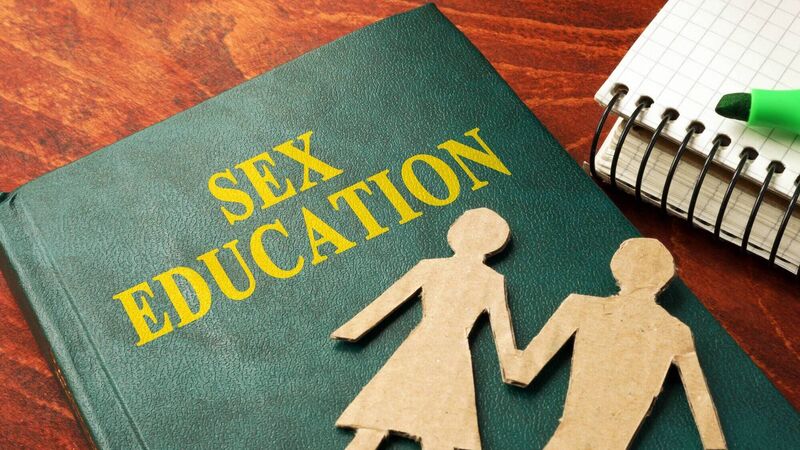New resources to help parents talk about sex and relationships with children

Children are often mortified about having 'the talk' with parents.
The “potentially mortifying" chat between parents and children about sex and relationships can be turned into many smaller talks, the HSE has said, as it launched a new set of resources for parents.
The series of booklets and videos are aimed at parents to support them in communicating with their children about relationships, sexuality, and growing up.













